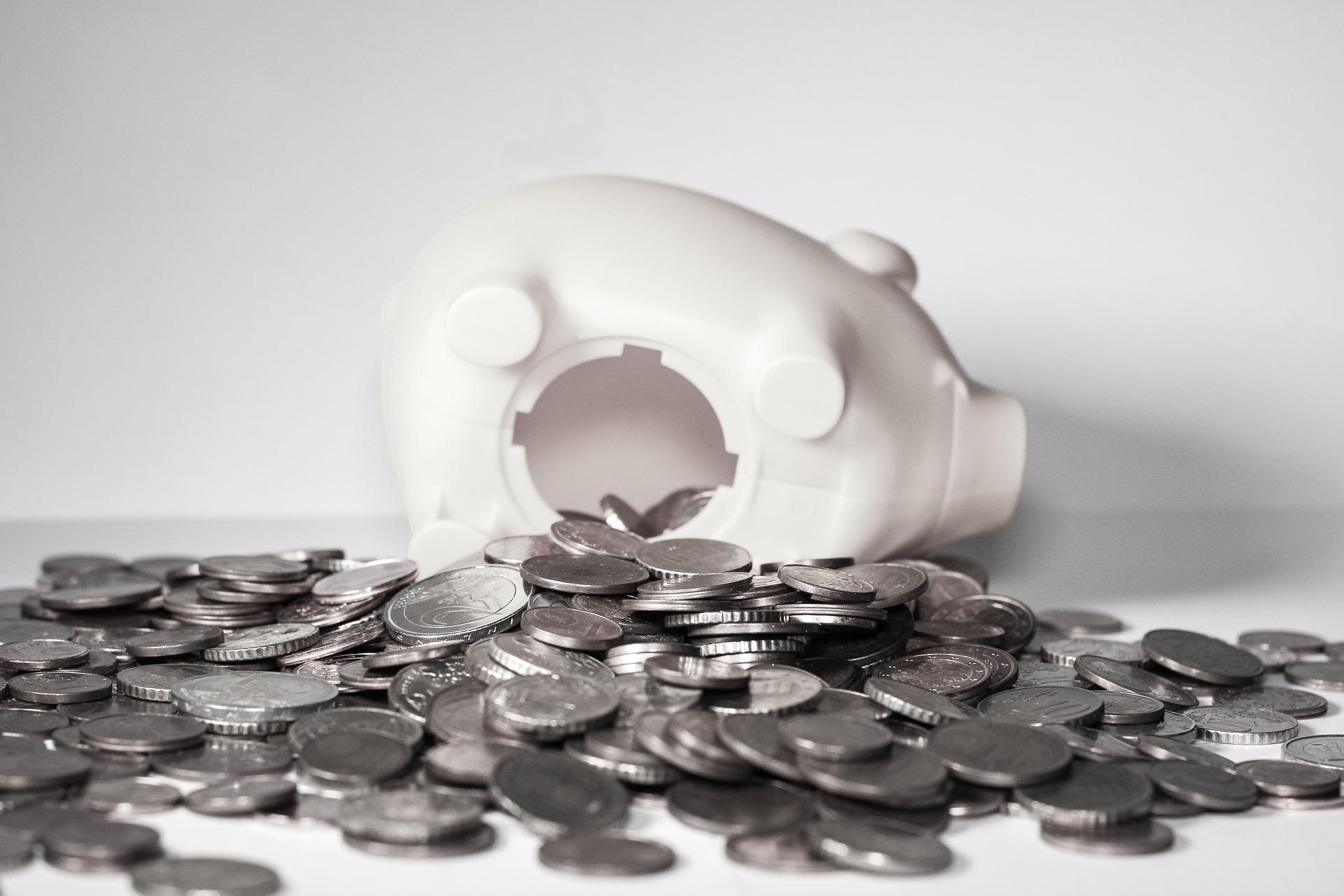Property Depreciation Tactics For Investors
Property investment is a dynamic field requiring astute knowledge and strategic management to maximise returns. Understanding property depreciation is crucial as it affects various aspects of property management and investment, from tax benefits to overall property value. This guide explores strategies to master property depreciation, enhancing value and returns for UK property investors.
Understanding Property Depreciation
Property depreciation is the gradual reduction in the value of a property over time due to wear and tear, age, and other factors. In the UK, the calculation of property depreciation typically involves the Straight-Line method, which requires the property’s depreciable base (purchase price minus land value) and its useful life. For instance, a building purchased for £500,000 with a useful life of 25 years would have an annual depreciation expense of £20,000.
Types of Depreciation
- Physical Deterioration: The most apparent form of depreciation results from the physical wear and tear of the property.
- Functional Obsolescence: Occurs when the property becomes less useful due to outdated design or features.
- Economic Obsolescence: Depreciation caused by external factors like changes in the market or neighbourhood development.
Factors Influencing Depreciation
Several factors influence the rate and extent of property depreciation:
- Property Type: Different properties have varying useful lives. Residential, commercial, and industrial properties each follow specific guidelines.
- Age and Condition: Older properties generally depreciate faster, though well-maintained properties can slow this process.
- Market Conditions: Economic factors and local developments can affect depreciation rates.
- Improvements and Renovations: Investments in improvements can extend a property’s useful life and alter its depreciation schedule.
Property Type
The type of property significantly influences its depreciation rate. Residential properties typically have a useful life of 27.5 years, while commercial properties might depreciate over 39 years. Industrial properties often have even shorter depreciation schedules due to the heavy usage they endure. Understanding these distinctions is crucial for accurate depreciation calculation and effective investment strategy.
Age and Condition
The age and condition of a property are primary determinants of its depreciation rate. A newly constructed property will generally depreciate slower than an older one. However, regular maintenance and timely upgrades can slow down the depreciation of older properties, maintaining their value and appeal.
Market Conditions
Market conditions, including economic cycles and local developments, play a pivotal role in property depreciation. For instance, properties in rapidly developing areas might experience slower depreciation due to increased demand and rising property values. Conversely, properties in declining areas might depreciate faster.
Improvements and Renovations
Investments in property improvements can significantly alter depreciation schedules. Major renovations, such as upgrading electrical systems or installing energy-efficient appliances, can increase the property’s useful life and market value. However, it’s important to distinguish between repairs (which maintain current value) and improvements (which enhance value and extend useful life).
Impacts of Depreciation
Understanding the impacts of property depreciation is vital for all stakeholders, including owners, investors, and tenants.
For Property Owners
- Tax Benefits: Depreciation is a non-cash expense that can be deducted from taxable income, reducing the amount of tax owed and improving cash flow. This allowance can be particularly beneficial for owners of rental or commercial properties.
- Property Value: Depreciation affects market value, which is crucial for owners looking to sell. Strategic maintenance and improvements can mitigate this impact, preserving or enhancing the property’s marketability.
For Investors
- Investment Analysis: Depreciation must be considered when analysing returns, as it decreases the property’s book value annually but can improve cash flow through tax deductions.
- Strategic Planning: Knowledge of depreciation helps investors plan renovations and improvements to prolong a property’s useful life and enhance its value.
For Tenants
- Rental Prices: Depreciation can influence rental prices, as owners may adjust rents based on the property’s current value and improvement costs. Tenants should be aware of how these dynamics can affect their rental costs over time.
- Lease Negotiations: Understanding depreciation can benefit tenants during lease negotiations. For example, if a property shows signs of significant physical deterioration, tenants might negotiate lower rent or request essential improvements as a condition of the lease.
Wider Economic Impacts
- Market Dynamics: On a larger scale, widespread property depreciation can influence market dynamics, affecting everything from housing affordability to investment attractiveness. Economic obsolescence, in particular, can lead to shifts in property demand, with long-term implications for urban development and planning.
- Investment Strategies: Savvy investors monitor depreciation trends to identify undervalued properties or markets poised for recovery. Such insights can inform investment strategies, highlighting opportunities for value creation through renovation, redevelopment, or repurposing of depreciated assets.
Strategies to Maximise Property Value
Even as properties depreciate, strategic actions can enhance or preserve property value.
Maintenance and Repairs
Regular maintenance is crucial to slow down physical deterioration. This includes routine checks and timely repairs of structural elements, systems, and aesthetics, which extend the property’s life and maintain its appeal. Regular maintenance extends the property’s life, maintains its appeal and functionality, contributing to its market value .
Modernisation
Investing in modernising a property can combat functional obsolescence. Upgrades to meet current standards and expectations can significantly increase a property’s market value and rental appeal. Sustainable and eco-friendly technologies, for example, not only enhance value but also attract environmentally conscious tenants.
Strategic Renovations
Strategic renovations, such as updating kitchens and bathrooms, improving energy efficiency, and enhancing curb appeal, can boost both property value and tenant satisfaction. These improvements should be aligned with market trends and tenant preferences.
Capital Allowances
Claiming capital allowances effectively reduces taxable income by accounting for building depreciation. Understanding which assets qualify (e.g., electrical systems, furniture, fittings) and how to claim them can significantly impact financial strategy and returns.
Navigating Tax Benefits
Understanding the tax implications of property depreciation is essential for maximising financial benefits.
Capital Allowances
In the UK, capital allowances can be claimed on various assets within a rental property, such as electrical systems, heating and air conditioning units, and even furniture. These allowances reduce taxable income, providing significant tax relief.
Depreciation and Tax Liability
Depreciation can lead to larger capital gains when a property is sold, as the property’s value is written down each year. However, this can also result in higher tax liability due to depreciation recapture. Investors should plan for this by consulting with tax professionals to balance immediate tax benefits with long-term implications.
Tax Relief Strategies
To maximise cash flow, landlords should effectively claim tax relief on allowable expenses, including depreciation. This involves understanding the specific HMRC rules for depreciation and capital allowances, ensuring compliance while optimising tax benefits.
Conclusion
Mastering property depreciation is essential for maximising value and returns in property investment. By understanding depreciation methods, factors influencing depreciation, and their impacts, property owners and investors can make informed decisions. Strategic maintenance, modernisation, and effective use of capital allowances are key to preserving and enhancing property value. As the UK property market evolves, staying informed and proactive about depreciation can provide a significant competitive advantage.
Whether you are a seasoned investor or a new property owner, grasping the nuances of property depreciation will help you navigate the complexities of the market and maximise your investment returns. Investing time in understanding and managing depreciation can lead to substantial financial benefits, making it a critical aspect of successful property investment.
ARE YOU READY TO START INVESTING?
Subscribe to our mailing list now for exclusive deals, investment guides and the latest information from the property market.








